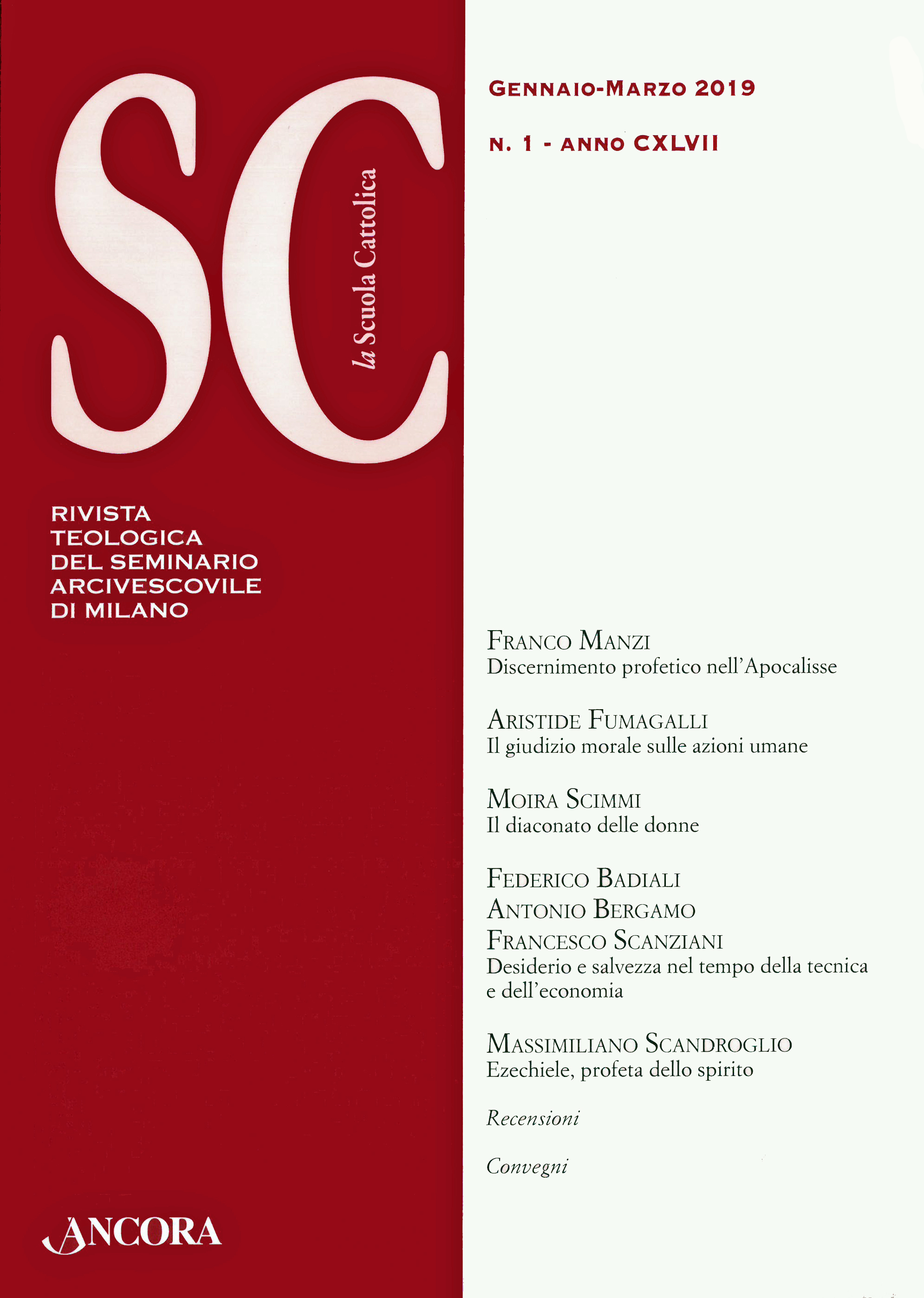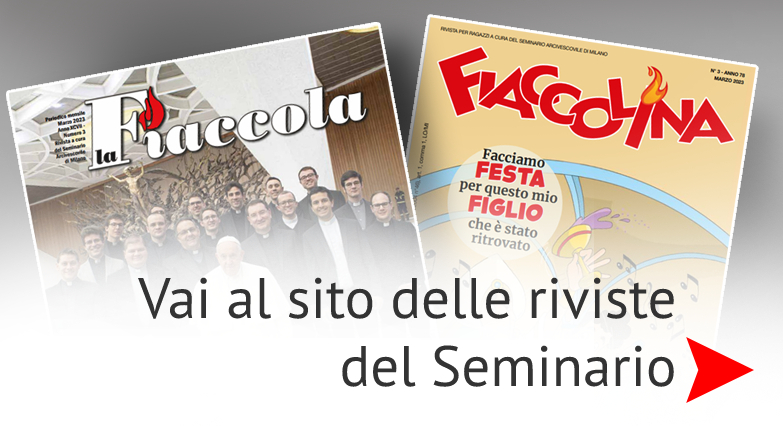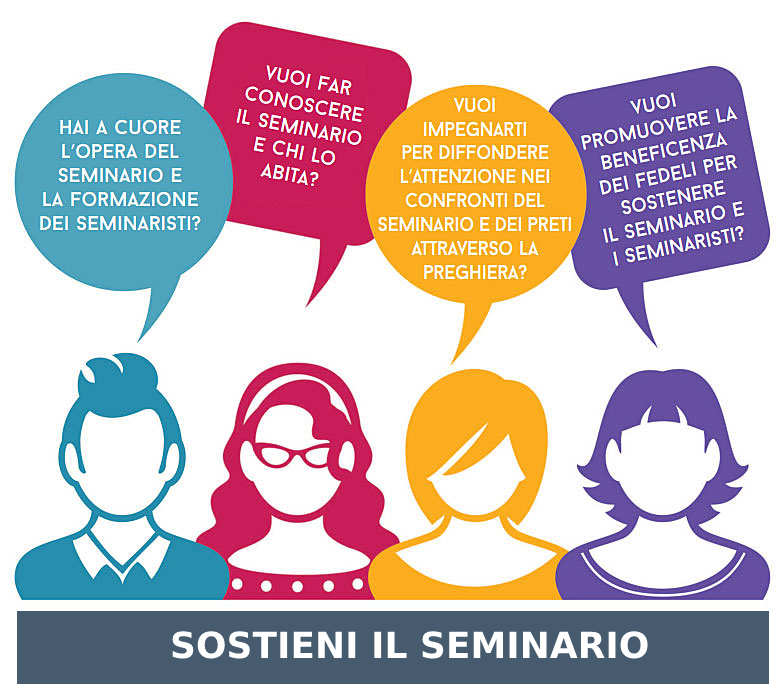
Sommari:
FRANCO MANZI, Discernimento profetico della storia nella liturgia e nella teologia dell’Apocalisse, 7-36
L’intento della presente indagine esegetica, dalle chiare implicazioni pastorali, è mostrare come la Chiesa, fin dalle sue origini, abbia ritenuto il discernimento sulla storia un’attività essenziale per compiere la propria missione salvifica. Dallo stesso canone neotestamentario, ossia dalla «misura» dell’esperienza di fede di tutti i cristiani, emerge un invito impreteribile a fare discernimento ecclesiale. Il libro dell’Apocalisse, infatti, può essere ritenuto un «manuale del discernimento ecclesiale», frutto di certo di un profeta ispirato – l’apostolo Giovanni o chi per lui -, ma destinato a intere comunità cristiane, che, specialmente in un contesto liturgico, avrebbero dovuto continuare il discernimento «spirituale».
The intent of the present exegetical investigation, with clear pastoral implications, is to show how the Church, since the beginning, has considered discernment regarding history an essential activity for carrying out her own saving mission. From the New Testament canon, that is, from what is the «measure» of the faith experience of all Christians, there arises an invitation not to be missed to ensure a place for discernment within the Church. The Book of Revelation, in fact, can be considered a «manual of ecclesial discernment», conceived in any case by an inspired prophet – the apostle John or one on his behalf –, but destined for entire Christian communities, who, especially in a liturgical context, would find themselves having to carry forward his «spiritual» discernment.
ARISTIDE FUMAGALLI, Il giudizio morale sulle azioni umane. Una ricognizione storico-critica delle fontes moralitatis, 37-68
Il giudizio morale sulle azioni umane è stato classicamente elaborato dalla teologia morale sulla scorta della dottrina delle fontes moralitatis, ovvero dell’oggetto, delle circostanze e del fine. In vista di una rinnovata interpre-tazione di tale dottrina, l’articolo s’impegna in una sua ricognizione storico-critica, focalizzando l’attenzione su tre momenti decisivi della sua evoluzione, corrispondenti alla Scolastica medioevale, alla Neoscolastica moderna e alla teologia morale contemporanea scaturita dal concilio Vaticano II.
The moral judgment of human actions has traditionally been elaborated by moral theology on the provision of the doctrine of the fontes moralitatis, or rather of the object, the circumstances and the end. In view of a renewed interpretation of such a doctrine, this article commits to its critical historio-graphical reconnaissance, focusing its attention on three decisive moments in its evolution, corresponding to: Medioeval Scolasticism, Modern NeoScolasticism and the contemporary moral theology derived from the Second Vatican Council.
MOIRA SCIMMI, La questione del diaconato delle donne e lo snodo del 1973, 69-97
La Commissione di studio sul Diaconato delle donne affronta la questione dopo la pubblicazione del documento sul diaconato elaborato dalla CTI nel 2002. Considerando che la parte storica sulle diaconesse non è impostata in modo adeguato dal documento, si riesaminano le posizioni del dibattito che ha animato la precedente CTI nel 1973. L’indagine permette di rimettere mano alla questione con maggiore consapevolezza dei presupposti messi in campo.
The Commission for the Study of the Diaconate of Women looks at the question after the publication of the document on the diaconate elaborated by the ITC (Italian Theological Commission) in 2002. Considering that the historical part of the document on deaconesses is not adequately set out, the positions of the debate which animated the previous ITC in 1973 are re-examined. The enquiry enables the question to be readdressed with a greater awareness of the presuppositions involved.
FEDERICO BADIALI – ANTONIO BERGAMO – FRANCESCO SCANZIANI, Desiderio e salvezza nel tempo della tecnica e dell’economia, 99-126
Lo studio costituisce il contributo dell’Associazione Teologica Italiana (ATI) al Seminario di Studio del Coordinamento delle Associazioni Teologiche Italiane (CATI) sul tema: desiderare nel tempo della tecnica e dell’economia. Infatti, il desiderio – cifra emblematica dell’umano – vive un profondo mutamento nel contesto odierno e sfida la teologia nel suo annuncio della salvezza. Di qui le due tappe della ricerca: da un lato essa sviluppa una fenomenologia teologica del desiderio umano – a partire dai grandi teologi del passato fino agli autori odierni –, dall’altro arriva a declinare alcuni linguag-gi fecondi per annunciare la salvezza all’uomo d’oggi: felicità, vita, pace, filiazione/fraternità.
This study constitutes the Italian Theological Association’s (ATI) contribu-tion to the Study Seminar for the Coordination of Italian Theological Associations (CATI) on the theme: Desire in the Technological and Economic Age. In fact, desire – emblematic figure of humankind – undergoes a profound change in today’s context and presents a challenge for theology in its annunciation of salvation. From here the two points of our research take leave: on the one hand developing a theological phenomenology of human desire – beginning from the great theologians of the past up to the present day –, on the other hand managing to decline some fruitful linguistic areas which announce the salvation of humankind today: happiness, life, peace, sonship, daughter/brother/sisterhood.
MASSIMILIANO SCANDROGLIO, «Lo spirito entrò in me e mi fece alzare in piedi» (Ez 3,24). Ezechiele, profeta dello spirito, 127-157
L’articolo intende presentare la ricca pneumatologia di Ezechiele; il profeta che più di ogni altro ha approfondito il primato dello spirito di Dio nella sua esperienza di vita e di ministero. Ezechiele lo identifica come “forza di movimento”, capace di vincere ogni forma di immobilismo, stanchezza, apatia e di rilanciare il profeta nel compito che il Signore gli ha affidato. Un confronto approfondito con la riflessione di questo libro profetico può offrire spunti interessanti per comprendere anche il rapporto fra la Chiesa e lo Spirito del Risorto.
This article aims at presenting the rich pneumatology of Ezekiel; the prophet who more than any other looked into the primacy of the spirit of God in his life experience and ministry. Ezekiel identifies the spirit as “ force of move-ment”, capable of winning over every form of inertia, fatigue, apathy and of renewing the prophet in the task that the Lord has entrusted to him. A profound dialogue with the reflection of this prophetic book can also offer in-teresting points for understanding the relationship between the Church and the Spirit of the risen Lord.

